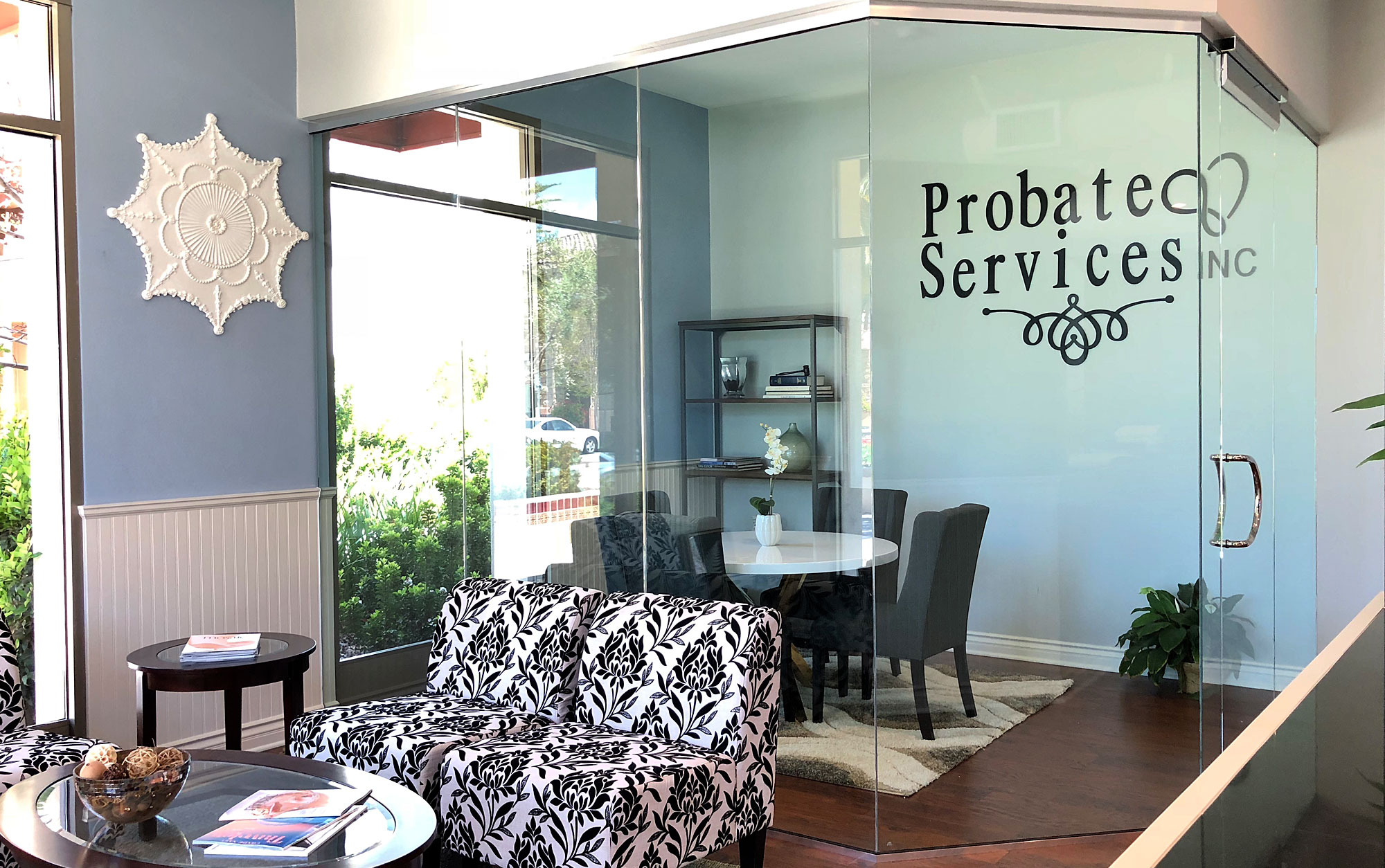When life gives us a curve, having safeguards in place can be the difference maker. Whether you’re taking care of an aging parent, a disabled loved one, or just looking ahead, it’s critical to know your options. One question that arises frequently is:
What’s the difference between guardianship vs conservatorship vs power of attorney?
These words are commonly confused—and naturally so! They resemble each other but have very distinct functions. If you’re considering obtaining a legal agreement on your loved one’s (or your own) behalf, continue reading.
And if you are located in California, Angelique Friend is here to walk you through the process of conservatorship and power of attorney establishment with compassion, precision, and unparalleled skill.
What Is Guardianship?
Guardianship is a court process by which a court determines that someone is to be in charge of making personal and medical choices for another individual—usually a minor or an adult person who cannot make choices because of disability or incapacity.
Major Responsibilities of a Guardian:
- Making choices about where the person resides
- Administering health care and medical appointments
- Making everyday decisions for their welfare
- Coordinating educational or developmental services (if the ward is a minor)
Pro Tip: “Guardianship is generally reserved for minors, but in the case of adults, it can be used if there is no power of attorney or conservatorship.”
What Is Conservatorship?
A conservatorship is like guardianship but for financial affairs, not personal ones. It’s usually reserved for adults who are unable to manage their finances because of age, illness, or disability.
There are two primary types:
Conservatorship of the Estate – Manages money, property, and income.
Conservatorship of the Person – Oversees personal and healthcare needs.
In many states, California included, these roles can be separate or combined. If you’re in California and overwhelmed by the paperwork, Angelique Friend offers trusted support for setting up conservatorships that protect your family and finances.
What Is a Power of Attorney (POA)?
A power of attorney is a voluntary written legal document in which an individual (the principal) grants another individual (the agent or attorney-in-fact) the ability to act on their behalf.
It can be for a special purpose (such as selling property) or for general control over finances, legal affairs, or medical concerns.
Forms of Power of Attorney:
Durable POA – Remains effective if the individual becomes incapacitated.
General POA – Provides general powers, usually business or legal affairs.
Limited POA – Particular activities or time limit.
Medical POA – To make health-care decisions.
Unlike conservatorship or guardianship, POA doesn’t involve a court procedure. It’s adaptable and quick—particularly with skilled experts such as Angelique Friend, guaranteeing your document is authentic and well-designed.
When Should You Use Each One?
Use Guardianship if:
- You’re caring for a minor without parents.
- Your special needs adult child is aging out at 18.
- A friend has no planning of any kind and needs urgent assistance.
Choose Conservatorship if:
A relative is mentally or physically incapable of handling money.
There’s currently no POA.
Court protection of assets is needed.
Choose Power of Attorney if:
You’re preparing for the future.
You desire flexibility without the court.
You’d like to have somebody you can trust step in when necessary.
Real-Life Example :
Suppose your aging mother begins forgetting to pay bills or exhibiting evidence of mental decline. Without ever having signed a POA, you’d probably have to go through a conservatorship in order to legally handle her affairs. However, if she had signed a durable power of attorney first, you’d already have the authority to assist her—without going to court.
That’s why advance planning is so important.
Why Hire Angelique Friend?
It can be mentally and emotionally draining to cut through the legal quagmire of guardianship vs conservatorship vs power of attorney. That’s where Angelique Friend steps in.
She is not a lawyer, but she has assisted hundreds of Californians with preparing their power of attorney and conservatorship paperwork with precision and care. If you find yourself in an emergency situation or want to plan for peace of mind, Angelique offers:
✅ Step-by-step, clear guidance
✅ Inexpensive document preparation
✅ Multilingual, compassionate service
✅ Knowledge of California’s legal system
Guardianship, Conservatorship & Power of Attorney FAQs
Q1: Can I have both a conservatorship and a POA?
Yes, but it’s rare. A valid POA would normally make a conservatorship unnecessary—unless fraud or abuse is suspected.
Q2: Is POA sufficient to avoid guardianship or conservatorship?
Usually, yes. Which is why obtaining a POA in advance is strongly advised.
Q3: Is it possible to prepare a power of attorney for another person?
No. They must be mentally capable when signing it.
Q4: Does conservatorship or guardianship take precedence over a POA?
Yes. A court may cancel a POA if it grants a guardian or conservator.
Q5: How quickly can a conservatorship be established?
In California, it may take 6–8 weeks or more, depending on the court schedule. That is why acting quickly is essential.
Final Thoughts
With guardianship vs conservatorship vs power of attorney, there is no single solution. Each has a specific purpose, procedure, and authority.
If you desire control and flexibility, power of attorney is the way to go. If a loved one will no longer be able to make decisions on their own, conservatorship or guardianship will be necessary.
Whatever your case may be, Angelique Friend can help you with compassion and efficiency through each step of your legal planning.
✅ Call to Action:
Secure your family’s future today.
Reach out to Angelique Friend for help preparing your power of attorney or filing for conservatorship in California. Peace of mind is just a conversation away.
👉 Contact Angelique today to schedule a consultation.


Connect With Us